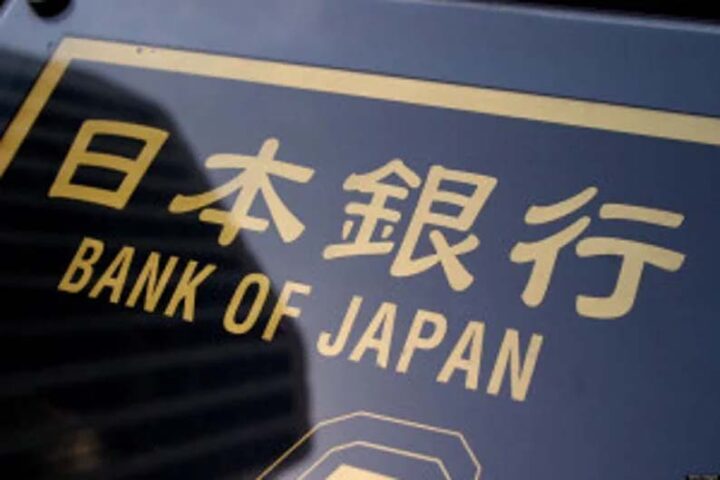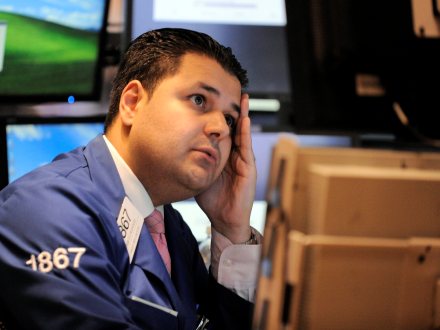Financial markets are showing a deeply concerning level of complacency towards escalating geopolitical risks following new intelligence suggesting the US airstrikes on Iran’s nuclear sites were far from decisive, the chief executive of a leading financial advisory has warned.
Reports from the Pentagon’s Defense Intelligence Agency revealed that the June 22 strikes ordered by US President Donald Trump did not deliver a knockout blow to Iran’s underground nuclear infrastructure.
Independent satellite analysis also shows visible surface damage at sites like Fordow and Natanz, but no confirmation that Iran’s most heavily protected facilities were breached.
“The market reaction is dangerously misplaced,” said deVere Group’s CEO Nigel Green.
“This supposed truce is extremely fragile and the suggestion that Iran’s core nuclear capabilities may remain operational raises the risk of further escalation. Yet, investors seem determined to shrug it off.”
Green said that the fact that these airstrikes may not have fully achieved their objective makes the situation more volatile, not less.
“The likelihood of Iran’s renewed acceleration of its nuclear programme is very real, with obvious implications for energy markets, world trade and investor sentiment.”
He pointed out that the lack of market response to this latest development mirrors a broader pattern of investor complacency towards multiple brewing global threats.
“We’re seeing the same relaxed attitude towards rising US-China trade tensions, where tariff threats are again on the table,” Green said.
“We’re seeing it with Europe’s deepening energy security concerns, with gas storage levels below seasonal averages and political divisions widening. And we’re seeing it with softening economic data in major economies, including the eurozone and China.”
The deVere CEO warned that this false sense of calm across risk assets could leave many investors dangerously exposed. “Complacency is a risk position in itself.”
“When geopolitical tensions escalate or economic fundamentals deteriorate, as they now threaten to do, markets can reprice very fast and very hard.
Instability more likely
“Too many investors are positioned for stability at a time when instability is becoming the more likely scenario,” Green warned.
He noted that oil prices remain well below the levels typically seen during Middle East flashpoints of similar scale, and risk-sensitive currencies have shown minimal reaction.
“Energy markets are not reflecting the true scale of potential disruption. Nor are equity markets showing the kind of defensive rotation you would expect when this many risk indicators are flashing.”
Green urged investors to take steps now to protect portfolios.
“This is a clear moment for investors to review allocations and consider adjustments that provide greater downside protection and global diversification,” he said.
“We’re in a period where headline risks are rising fast across multiple fronts, from geopolitics to macroeconomic uncertainty. Sitting still and hoping for calm is not a strategy.”








